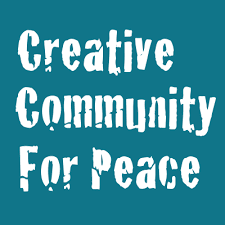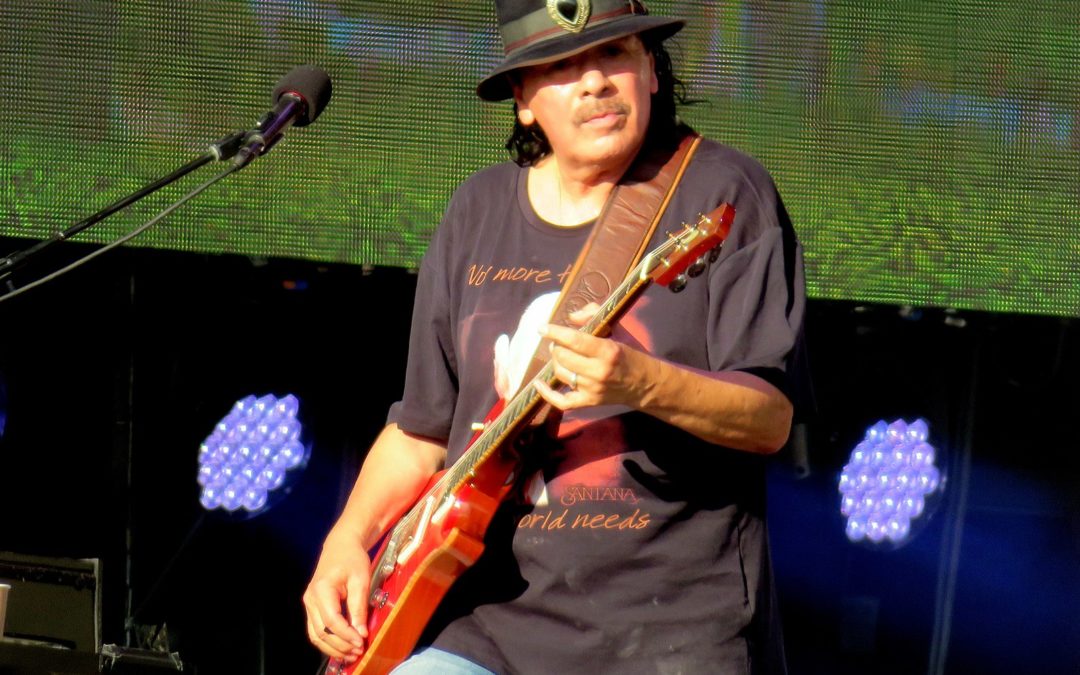Creative Community For Peace Supports Latin Artists Performing In Israel
Every year, some of the biggest names in Latin music perform in Israel. It’s no secret that in the mid- 20th century, Jews all over the world became one of the major audiences of mambo, a sub-genre of Afro-Cuban music popularized by artists such as Tito Puente. There was even a Yiddish-inspired term to refer to its fans: “Mamboniks.”
Today, Jewish dancers, DJs, nightclub owners, and industry executives have helped spread Latin music throughout the world. So it’s no surprise that Israel has embraced Latin rhythms and sonorities with fervor, from its hit track “Noah” by Matti Caspi to its popular Latin dance clubs “Alma de Cuba” and “Havana Music Club” in Tel Aviv.
Here are just a sample that Creative Community For Peace have put together of the Latin artists who have performed in Israel in recent years:
Carlos Santana – 2016
“We are inspired to be performing in Israel this summer. Our belief is that music can be a healing force in any place on this planet.”
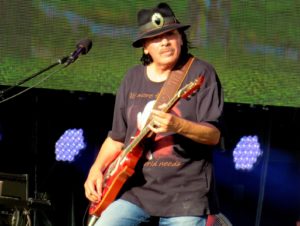
Ricky Martin – 2016
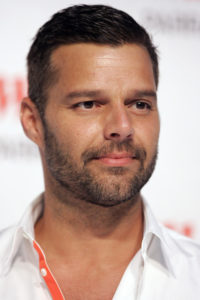
Daddy Yankee – 2017
Yankee coined the term “Reggaeton” to describe a genre of music emerging from Puerto Rico that fused hip-hop with with Latin and reggae. He is known as the “King of Reggaeton” and is credited with bringing Reggaeton to an international audience with the release of his hit single “Gasolina” in 2004.“Wow! Great show in Israel. Thank you for all the love. Muchas gracias por el apoyo, SHALOM!”
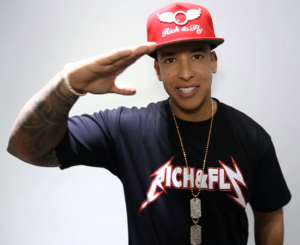
Nicky Jam – 2017
Jam is an American singer-songwriter known for his popularization of the Latin trap and reggaeton genres. He frequently collaborates with Latin artists such as Daddy Yankee, J Balvin, and Anuel AA.
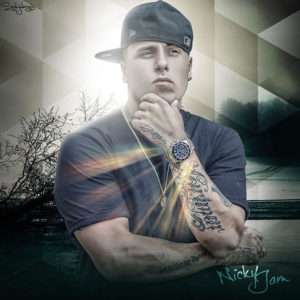
Enrique Iglesias – 2018
Iglesias, also regarded as the “King of Latin Pop,” is one of the biggest stars in Latin America and one of the best-selling Latin music artists worldwide. He crossed over into the American Market and was named the 14th most successful and top male dance club artist of all time by Billboard in 2016. “My last concert in Israel was one of the best of my career.”
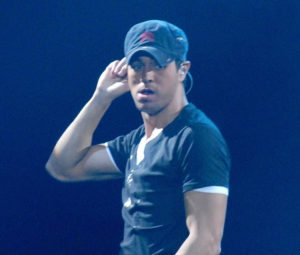
Maluma – 2018
Maluma is a Colombian singer-songwriter whose many singles have charted within the top 10 on Billboard Hot Latin Songs. He was nominated for a Grammy award for Best Latin Pop Album, after already winning a Latin Grammy.
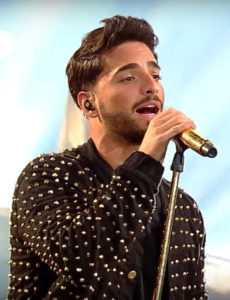
Wisin – 2018
Wisin is a Puerto Rican rapper, singer, and record producer who rose to fame with the formation of his reggaeton duo Wisin & Yandel. He is now a coach on the Spanish-language version of NBC’s singing contest The Voice. “Israel, thanks for receiving me with so much love. I never thought thousands of people would come see me.”
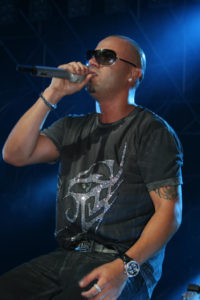
Carlos Vives – 2018
Vives is a Grammy Award-winning Colombian musician best known in the U.S. for his collaboration with Shakir on their 2016 single “Bicicleta.” “Thank you, Tel Aviv! It’s been a very special night. What an incredible concert.”
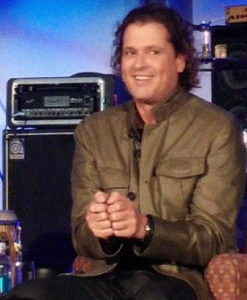
Ozuna – 2019
Ozuna is a Puerto Rican reggaeton and singer, known as the “New King of Reggaeton.” His albums have all reached Billboard’s Top Latin Albums. “Thank you Israel, it was a dream to play here where so many people love me and my music!!!”
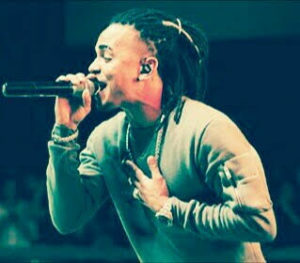
J Balvin – 2019
J Balvin, a Colombian reggaeton singer, has won five Billboard Latin Music Awards, four Latin Grammy Awards, two MTV Video Music Awards, and four Latin American Music Awards. He broke through to stardom with his 2014 single “6 AM.”
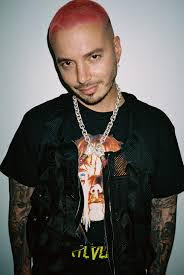
Jennifer Lopez – 2019
Also known as J.Lo, Lopez has established herself as the highest-paid Latin actress in Hollywood. Her music helped to propel Latin pop movement into the American mainstream. – “Amazing energy in Tel Aviv last night!! Over 50,000 strong!!! I love you so much.”
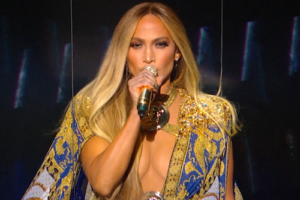
Some of these artists faced intense pressure from the boycott, divest, and sanctions movement (BDS) prior to their arrival in Israel, but were not deterred. Carlos Vives came under a particularly intense bullying campaign in 2018 by BDS activists, including a Colombia petition urging him not to perform in Tel Aviv. He was bombarded on social media with false information about Israel, but after working with CCFP, Vives chose to be a show of force for artistic freedom and not be shamed into silence.
“Languages and history, politics and culture separate us,” said Carlos. “But what unite is all is music.”
Published by Creative Community for Peace
